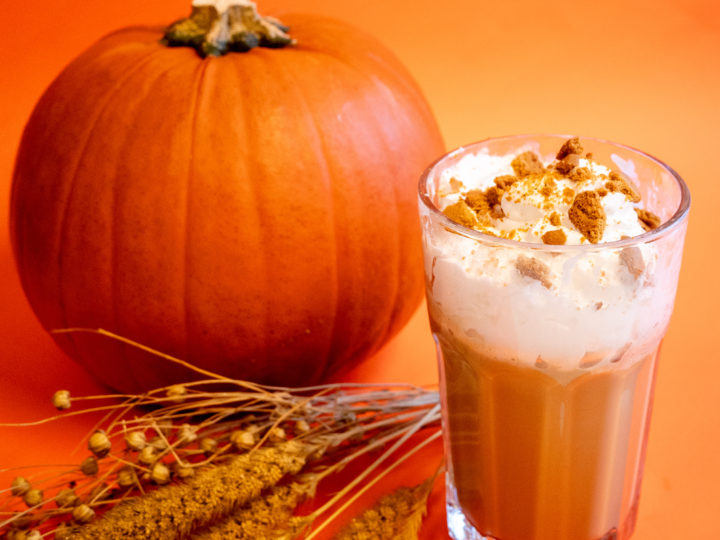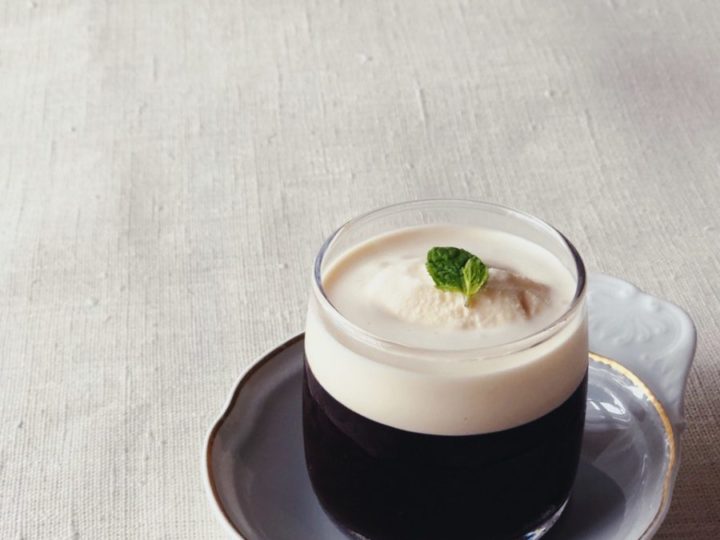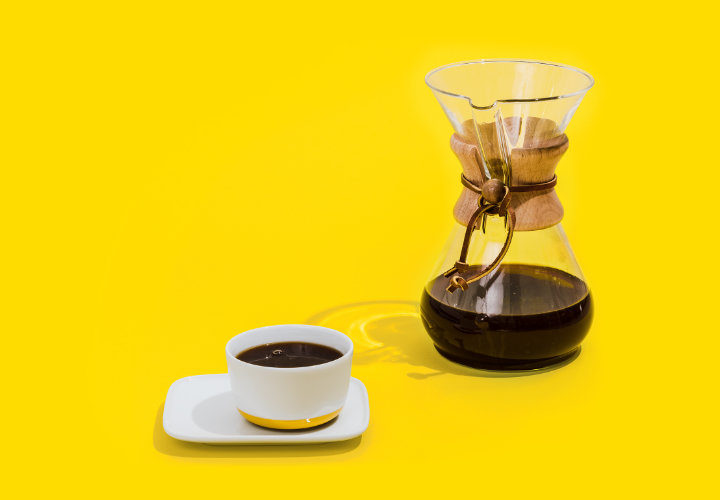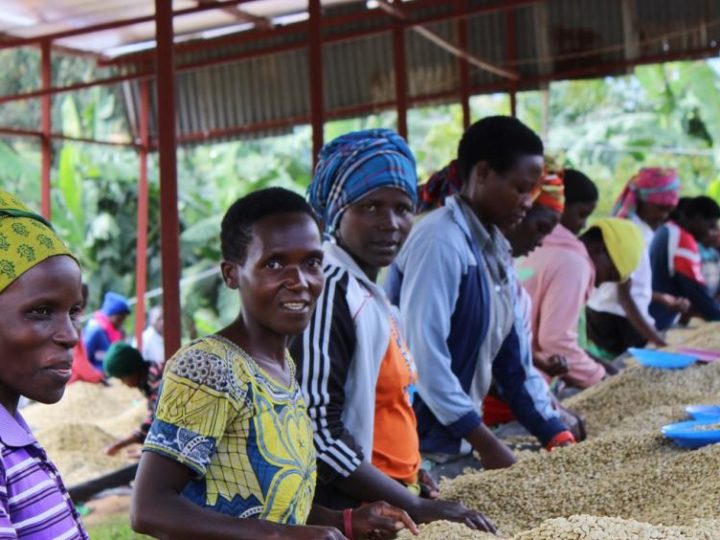Why does caffeine wake you up, give you a nice buzz and make you feel more focused? Caffeine is a natural chemical found in many foods and drinks. It stimulates your brain and body, which can become an addictive feeling. Let’s have a look at what caffeine is exactly, what happens when we consume it, and how caffeine level varies in coffee beans.
What Is Caffeine?
Caffeine is a naturally occurring chemical substance that can be found in many plants, such as coffee beans or tea leaves, and cacao beans — chocolate contains caffeine too! How do plants form caffeine then? Soil affects caffeine production as plants use nitrogen from the soil in order to create caffeine. Therefore, caffeine is actually a nitrogenous alkaloid, that acts as nature’s security system for plants: caffeine defends plants from insects.
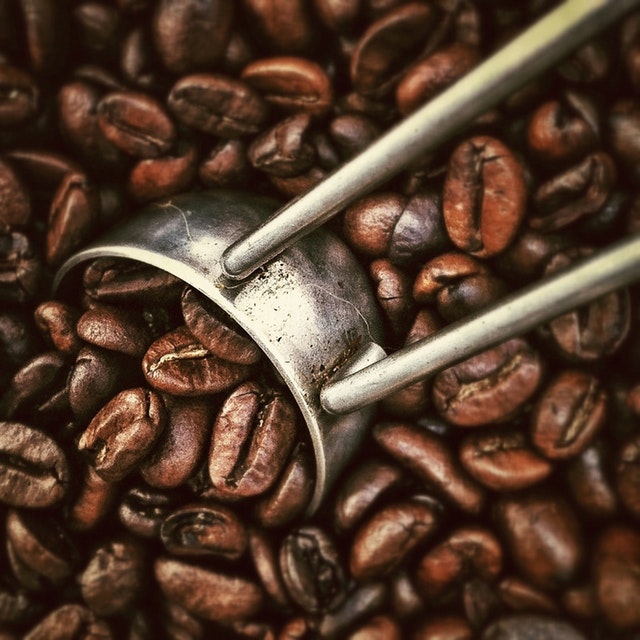
Caffeine consistency in plants varies, so the drinks brewed from them also have a different caffeine level. A cup of filter coffee has about 100mg of caffeine in it, whereas a cup of black tea contains 50mg of caffeine. A generic energy drink is 80mg of caffeine and a milk chocolate bar 10mg of caffeine. Now, you have enjoyed a cup of coffee and perhaps a piece of chocolate, what happens next?
What Happens When We Drink Caffeine?
When you gulp down a cup of coffee, your body and brain start to process the stimulant. It takes only about 15-30 minutes for caffeine to kick in fully. Caffeine suppresses adenosine, which is a neurotransmitter. Adenosine is responsible for making you feel tired when nearing your bedtime. When caffeine takes over, you feel more alert and awake. Along with caffeine’s effect on adenosine levels, it also stimulates the release of dopamine and serotonin. These two chemicals give you that feel good-flow and put you in a better mood. We can say that caffeine is actually the world’s most consumed psychoactive drug!
Once you have caffeine in your system, it takes quite a while for it to be fully processed. The processing speed of caffeine depends on your body size, genetics and age. In average the half-life of caffeine, so the time it takes for half of the substance to be removed from your body, is 3-7 hours. So if you’re sensitive to caffeine, skip the caffeinated drinks late in the afternoon or evening!
Caffeine Quantities In Coffee Beans
You might know that there are two types of coffee beans: Arabica and Robusta. Did you know that Robusta has actually a lot higher caffeine level? A raw Robusta bean has about 2.2% of caffeine whereas, for raw Arabica, the level is 1.2%.
Not only does the bean type affect the caffeine level of your coffee, but the roast does too! Fresh coffee beans have a higher caffeine consistency than roasted beans. Roasting destroys some of the caffeine, hence the longer you roast the beans, the less caffeine you’re left with. Therefore light roast actually is a bit higher in caffeine consistency than a dark roast.
Now you know what caffeine is, what happens when we consume it and how caffeine levels differ in coffee beans. Please don’t lose your sleep and drink too many caffeinated drinks at night. Switching your coffee to a decaffeinated version can save you from sleepless nights. How many cups of coffee do you need in the morning to wake up? Share it with us in the comments!
Comments (0)
Leave a reply
You must be logged in to post a comment.

